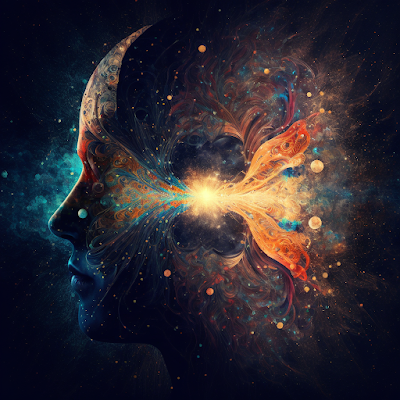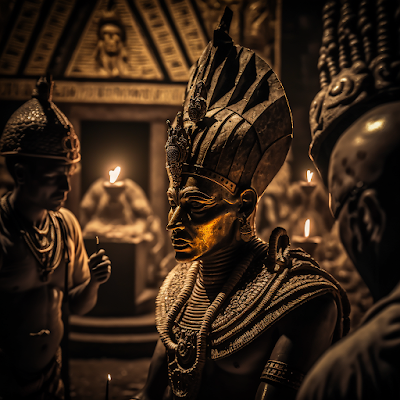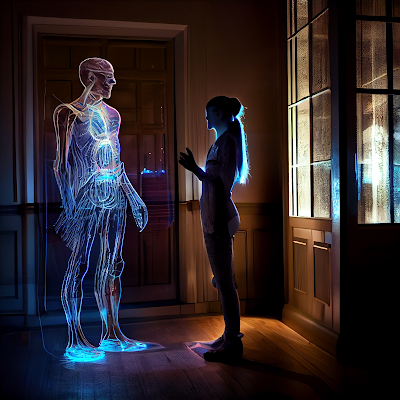The Illusion of Freedom: Does It Really Exist?
Introduction
Freedom is a
term that is often used to describe the ability to act, speak, or think without
external restraint. However, the concept of freedom is complex and multifaceted,
and there is ongoing debate about what it truly means and whether it can truly
exist. In this blog post, we will explore the various aspects of freedom,
including physical, political, economic, and freedom of thought and expression.
Physical Freedom
One of the
most basic forms of freedom is physical freedom, which refers to the ability to
move and act without physical restraint. This can include things like freedom
of movement, the ability to travel, and the right to personal autonomy and bodily
integrity. However, physical freedom is not absolute, as laws and societal
norms can still place limitations on what we can do and where we can go.
Additionally, physical freedom can also be limited by factors such as poverty,
illness, or disability.
Political Freedom
Political
freedom refers to the ability to participate in the political process and have
a say in how we are governed. This can include things like freedom of speech,
the right to vote, and the ability to participate in peaceful protest. However,
political freedom is also not absolute, as governments may limit or restrict
these rights in various ways. Additionally, political freedom is not always
evenly distributed, and marginalized groups may have less access to it.
Economic Freedom
Economic
freedom is the ability to make choices about how to use our resources and earn
a living without interference from government or other outside forces. This can
include things like the right to own property, the ability to start a business,
and the freedom to participate in the marketplace. However, economic freedom is
not absolute, as economic inequality and systemic injustices can limit access
to these opportunities for some individuals and groups.
Freedom of Thought and Expression
Freedom of
thought and expression includes the ability to think, speak, and write without
fear of censorship or repression. However, even freedom of thought and
expression is not absolute, as laws, societal norms, and cultural attitudes can
place limits on what we can say and think. Additionally, access to information
and education can also play a role in shaping our thoughts and ideas.
The Illusion of Freedom
Many
philosophers argue that freedom is an illusion and that true freedom is
impossible to attain. They argue that we are always constrained by something,
be it physical laws, societal norms, or our own biology. However, others argue
that freedom is a state of mind and that true freedom lies in the ability to
transcend our limitations and find inner peace.
Conclusion
Freedom is a
complex and multifaceted concept that can be understood in many different ways.
Physical, political, economic, and freedom of thought and expression are all
important aspects of freedom. However, freedom is not absolute and is limited
by various factors such as laws, societal norms, and systemic injustices. The
existence of true freedom is a matter of ongoing debate, with some arguing that
it is an illusion and others claiming that it is possible to attain inner peace
and transcend our limitations. Understanding the complexities of freedom is
essential for creating a society that values and promotes individual and
collective well-being.













Comments
Post a Comment